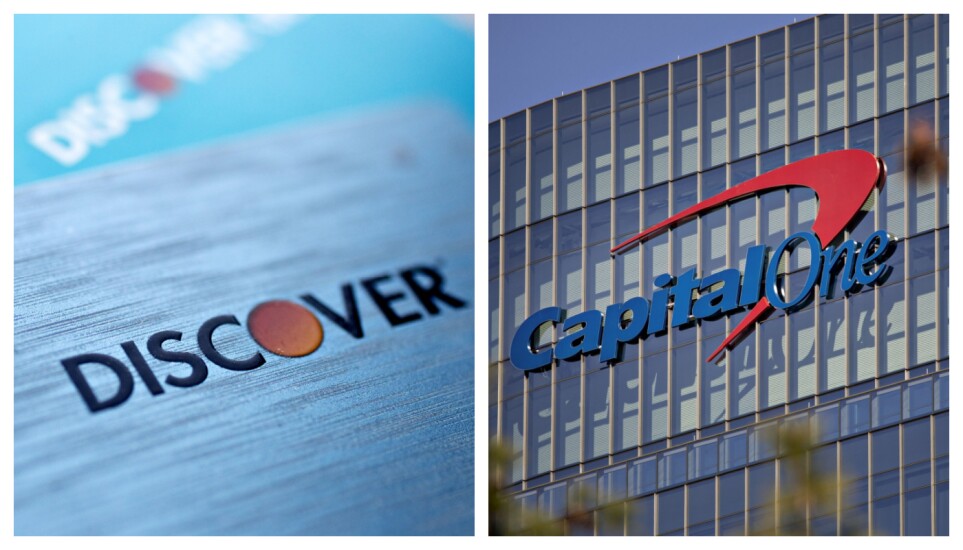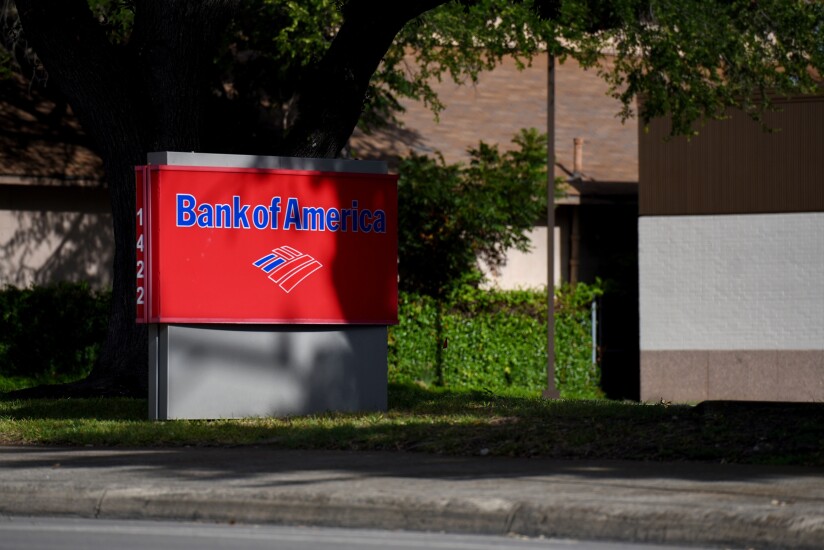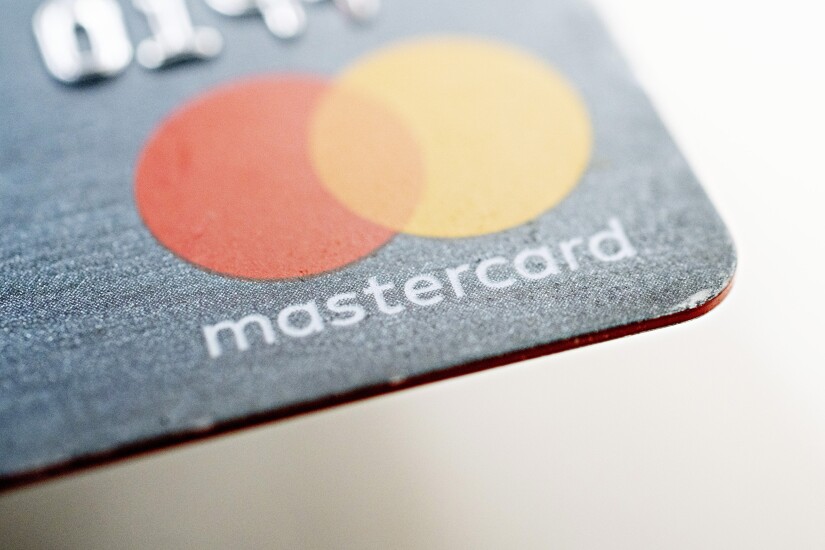The payments industry is evolving at a rapid clip.
Technologies such as instant payment schemes, account to account,
The tides are also shifting with the major payment companies: Fiserv this year sought a bank charter; Capital One is
Of course, mounting fraud and the shifting regulatory environment were also top of mind.
American Banker readers flocked to articles focused on forthcoming change in the industry.
Read on to see which payments stories were the most read in 2024.















